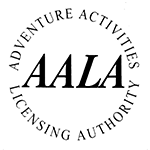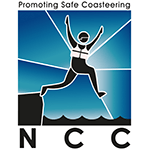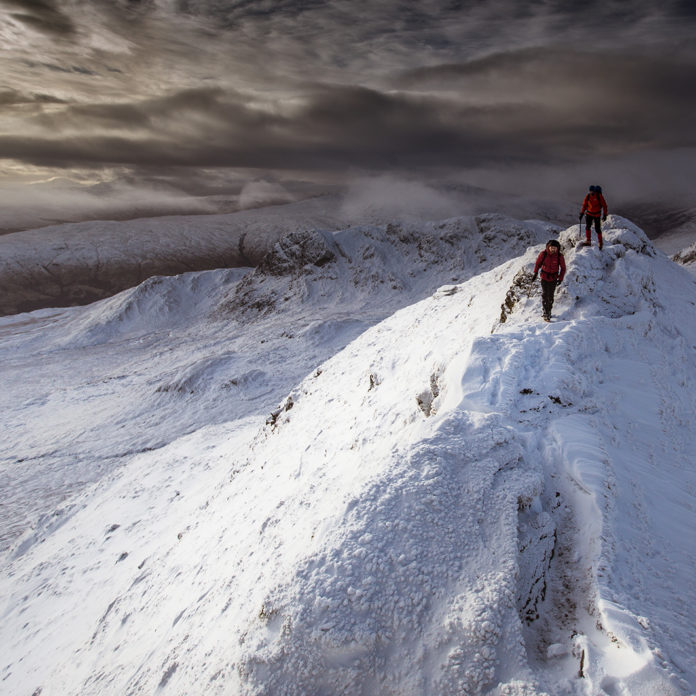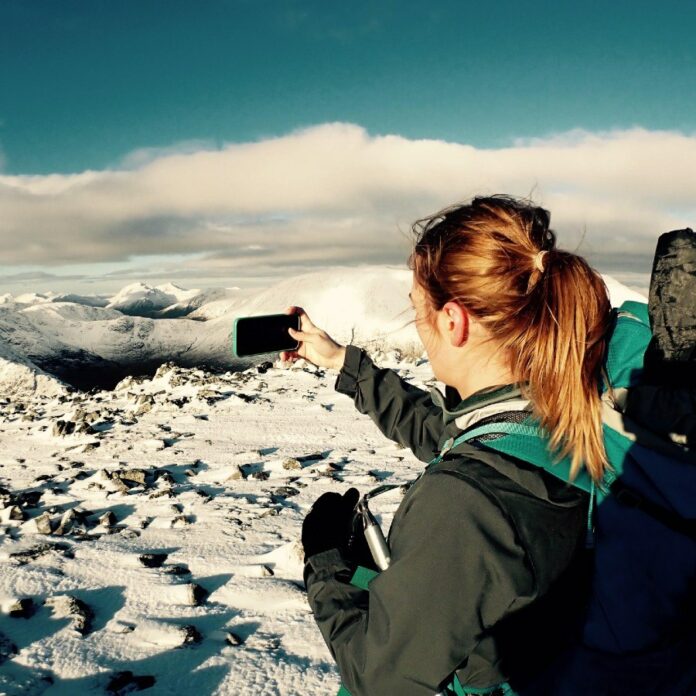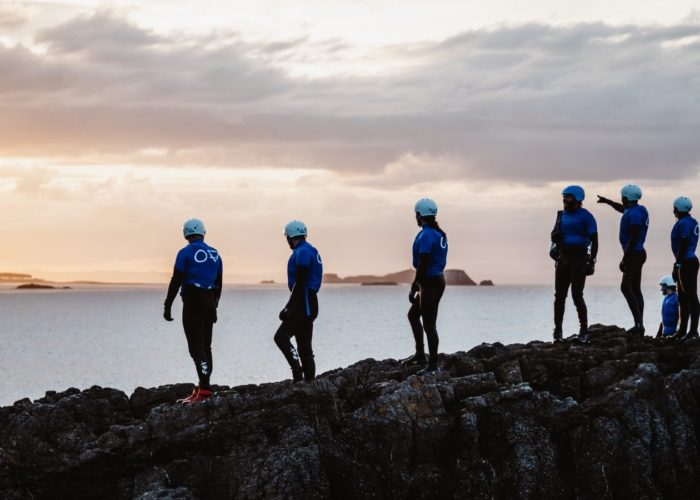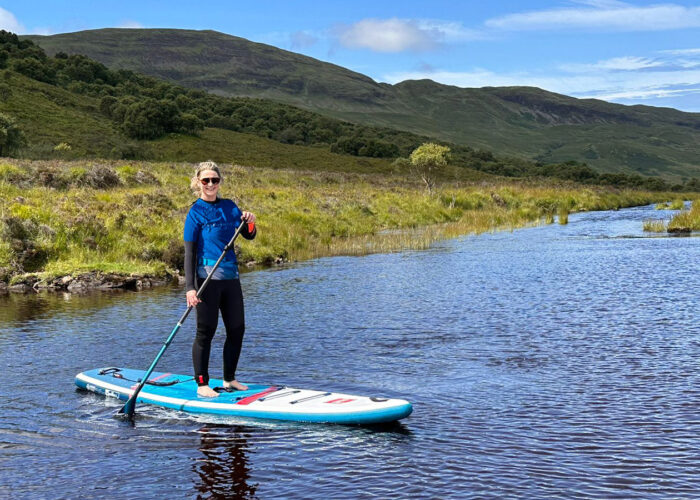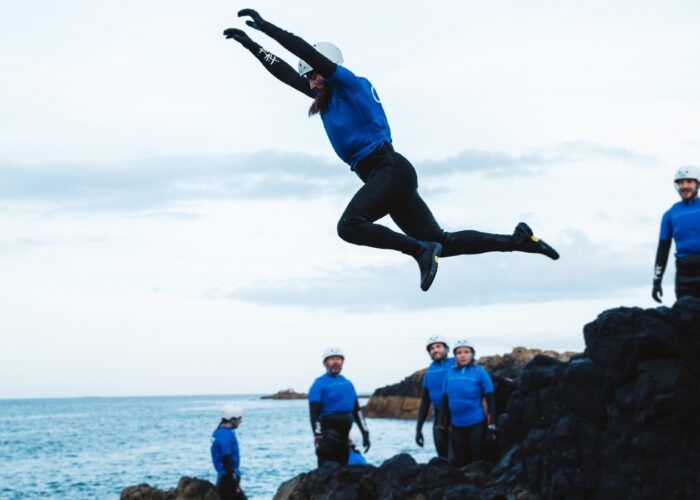Space. The Final Frontier.
“Consider this tiny blue dot” wrote astronomer Carl Sagan “On it, everyone you love, everyone you know, everyone you ever heard of.
Every human being who ever was, lived out their lives, on the mode of dust, suspended in a sunbeam.”
Share
At the time of his writing, the earth was home to 6.8 billion of us. Today, we are at 7.7 billion and by 2050 it is estimated this tiny dot will have to embrace almost 9 billion humans, each with their own thoughts, ideas, hopes, dreams, plans. Some good, some bad. Some here to make things better, others to create destruction.
As the population grows so do our needs. Food, air, water and one of the most precious of all needs.
Space.
We don’t think about it much, only when we’re crushed shoulder to shoulder on trains, or live in shoebox apartments, or spend most of our days in open plan offices where one short desk blends into the next and the next and the next.

And when we step outside to escape we are confronted with urban spread, carparks, noise, and the ever dwindling thing called nature.
We need and crave space.
Space to be, to think, to sit and ponder, to write, to chat, to read, to watch.
Space to call our own. Whether it’s owning a home, or renting a car, as they do in Japan now, just to have a space to sit and nap or listen to music or shut out the world.
Space to breathe.
Yet we crowd what little space we have as humans and forget that there is a planet we live on that also needs to breathe. But we cover it with concrete, burn away its life, and litter the space around it with technological junk.
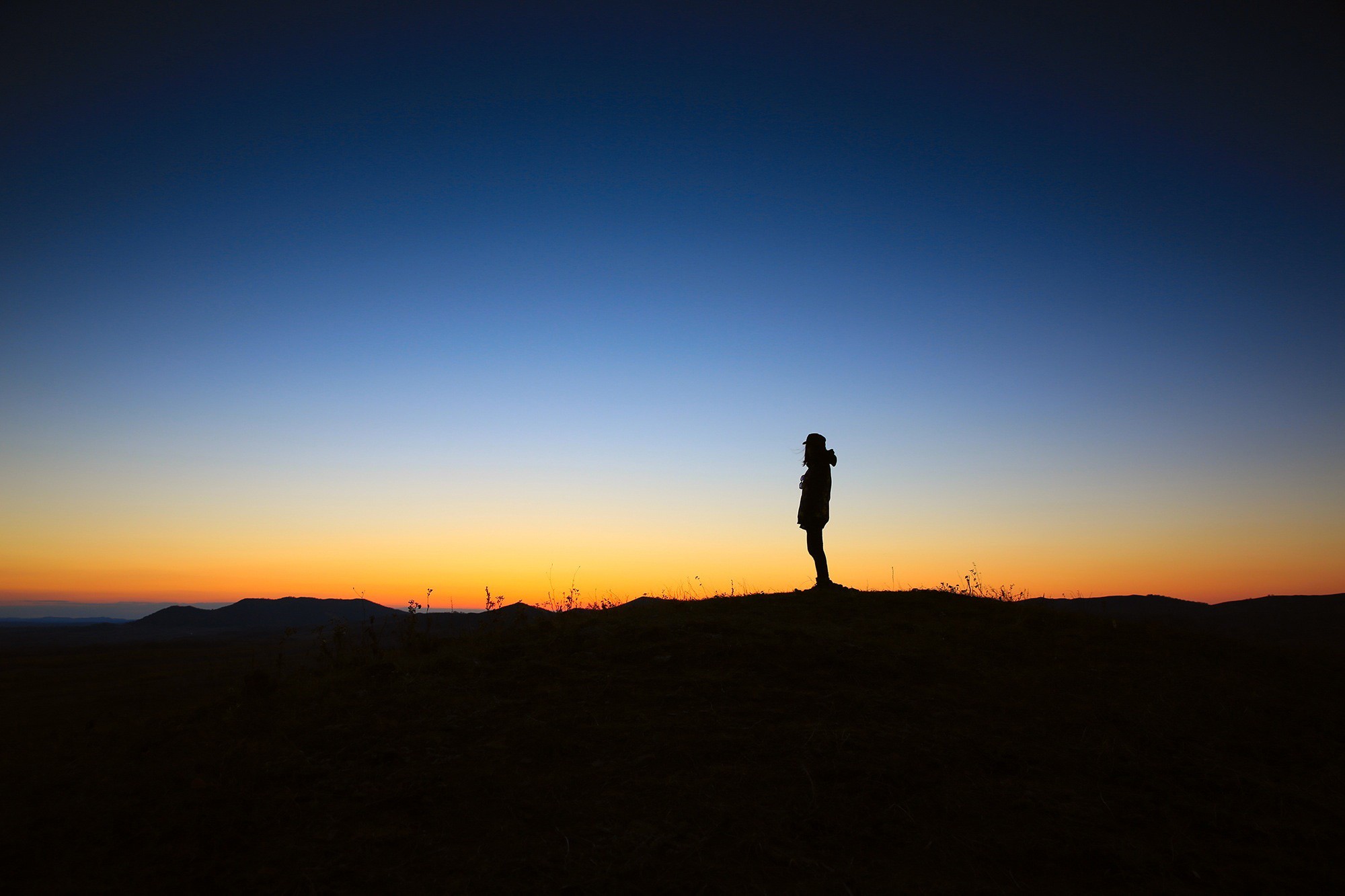
Space.
It’s important to our entire being. Even the brands we work with or choose to buy.
Brand space is as precious to business as personal space is to us.
Most companies, however, seem content to play in the same space as countless competitors.
Not to search for new frontiers but to be where others have gone before and many continue to remain.
I guess there’s a feeling of safety in numbers. But a safe place is not somewhere brands need to be right now.
Where does a brand belong? What space can it own in a broader sense?
Many still confuse business, products and brands. Here is a simple way to look at it.
The space a business belongs in is a factory, or a shop, or a website. The space a product sits in is a shelf, a catalog an online store. The space a brand plays in is someone’s mind.
Businesses and products are physical. A brand is pure emotion. Steve Jobs called it trust.
So here’s the problem. Finding space in someone’s mind isn’t easy. You’re in there with every moment, every memory, every emotion, every feeling, every thought, opinion, idea. You’re in there with history, the present and the future.
Somewhere along the line something has to give. While the human mind has room for much, there isn’t enough space in there for everything.
Some things get pushed down in order or forgotten altogether.
Space is the one universal need. People risk their lives to find it. Trees soar into the sky to search for it. Animals and birds migrate up to thousands of miles each year for their space on this earth.

To find space for a brand, there are certain parameters. A brand has to be relevant, must have empathy, should offer something other than itself, be trusted (thanks Steve) and to fight your way in and keep the space, a brand must be disruptive.
There is no such thing as a safe space for brands. Once you get comfortable, someone else will push you out.
Space is the one universal need. People risk their lives to find it. Trees soar into the sky to search for it. Animals and birds migrate up to thousands of miles each year for their space on this earth.
And yes, brands need to find their space.
The guys at OceanVertical have found theirs by offering people a chance to experience some unique spaces in ways that respect them. It’s one that will find its way into minds and leave a lasting impression.
They have their bit of the blue dot.
JOHN KYRIAKOU IS FOUNDER AND CHIEF CREATIVE OFFICER OF JAYKAY, A PROGRESSIVE CREATIVE & BRANDING AGENCY.
Share
